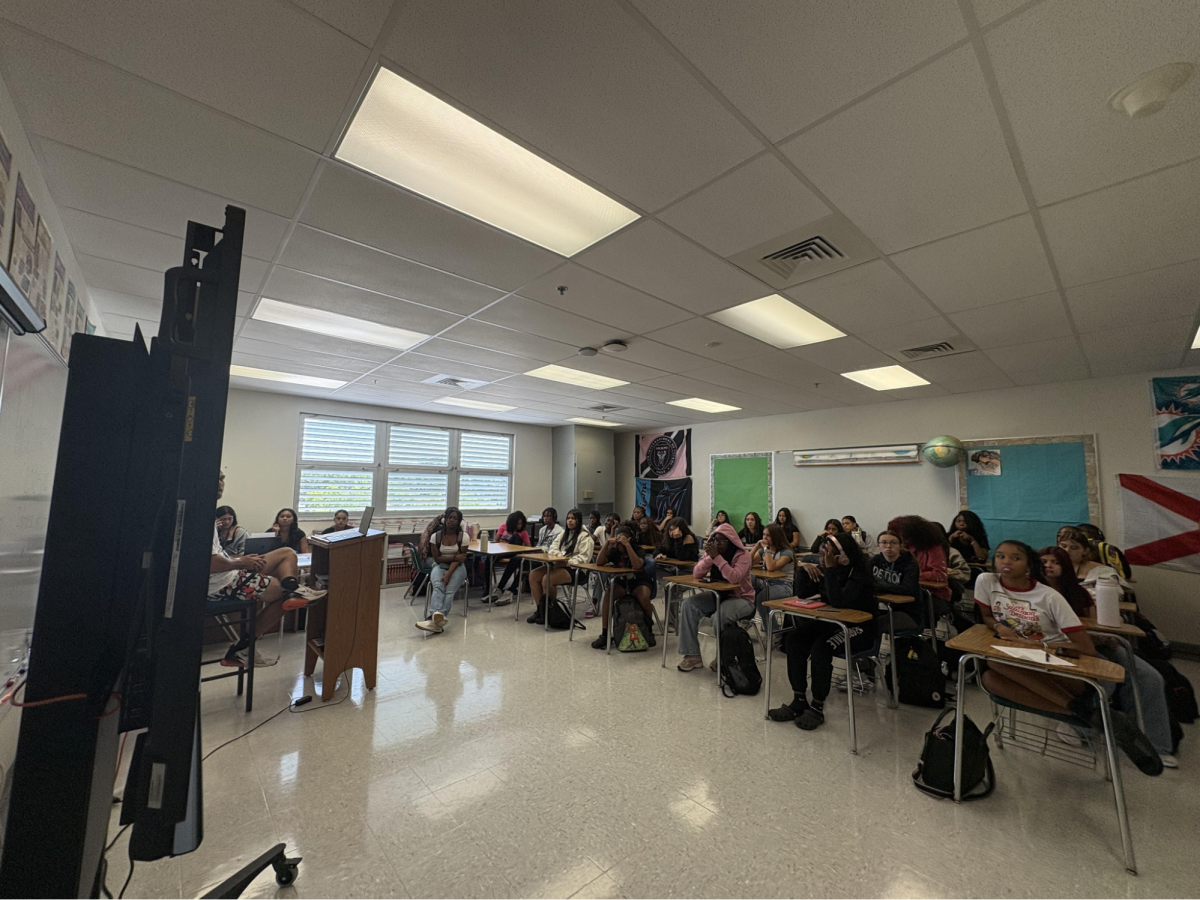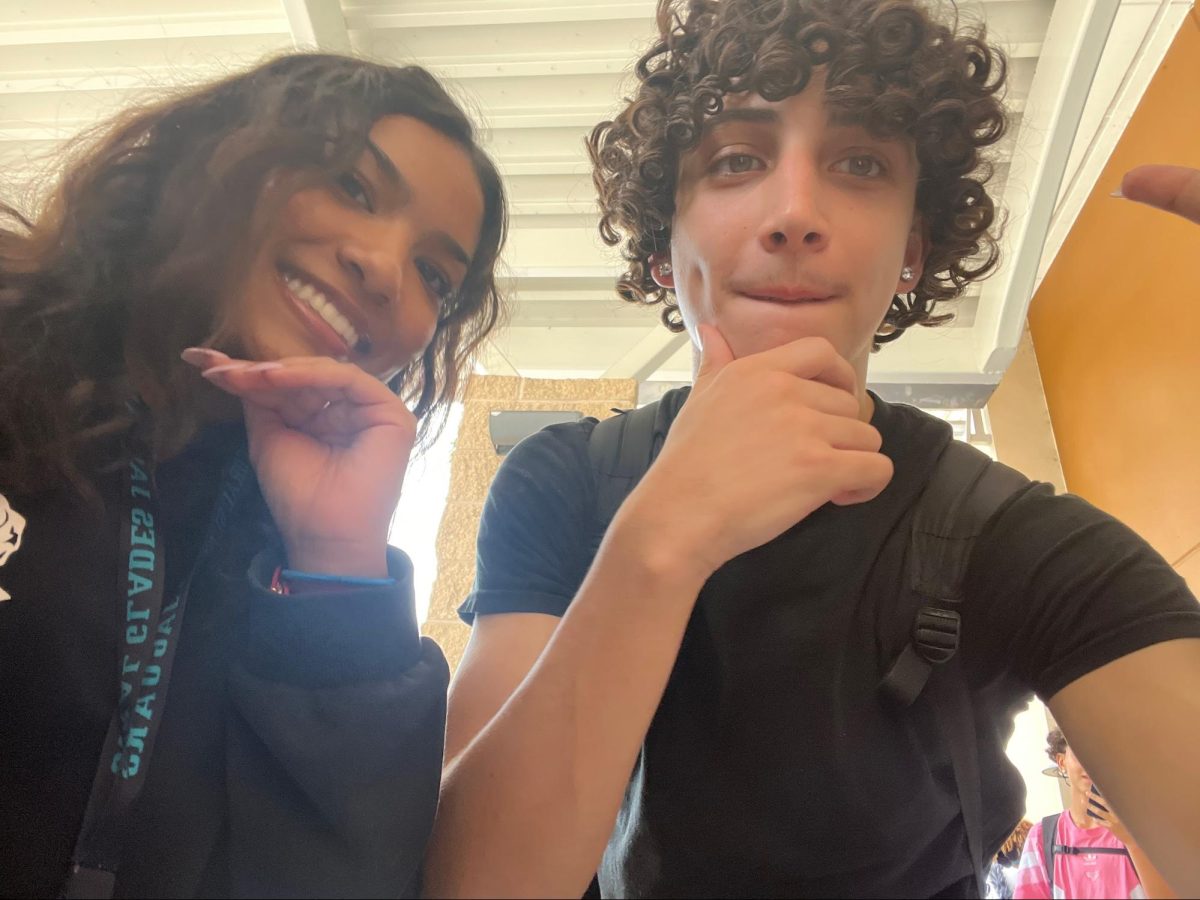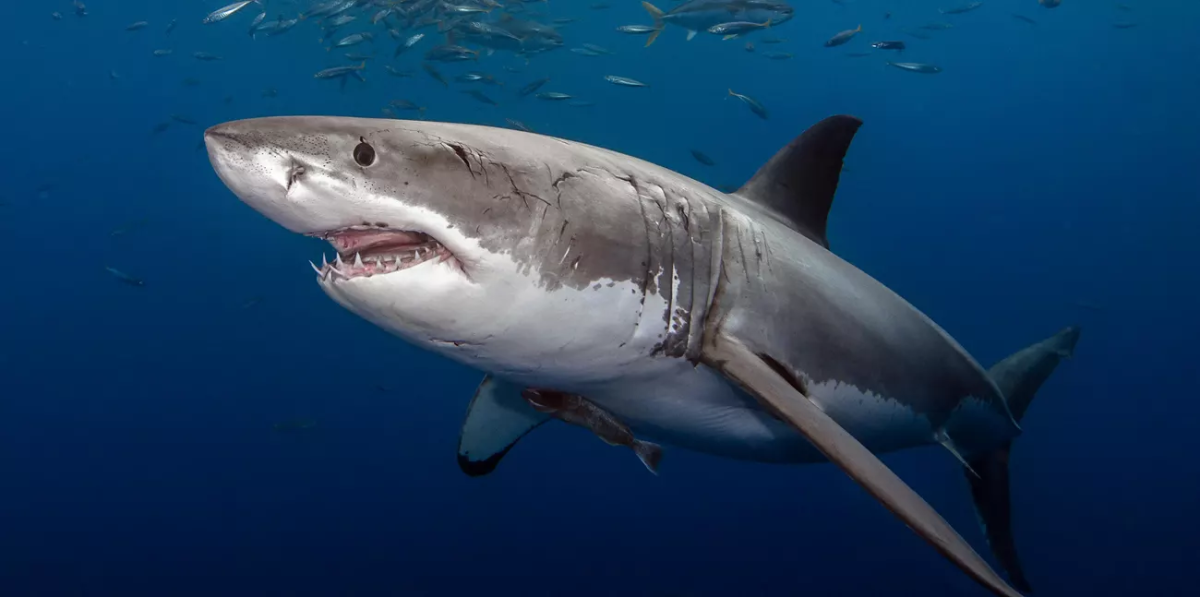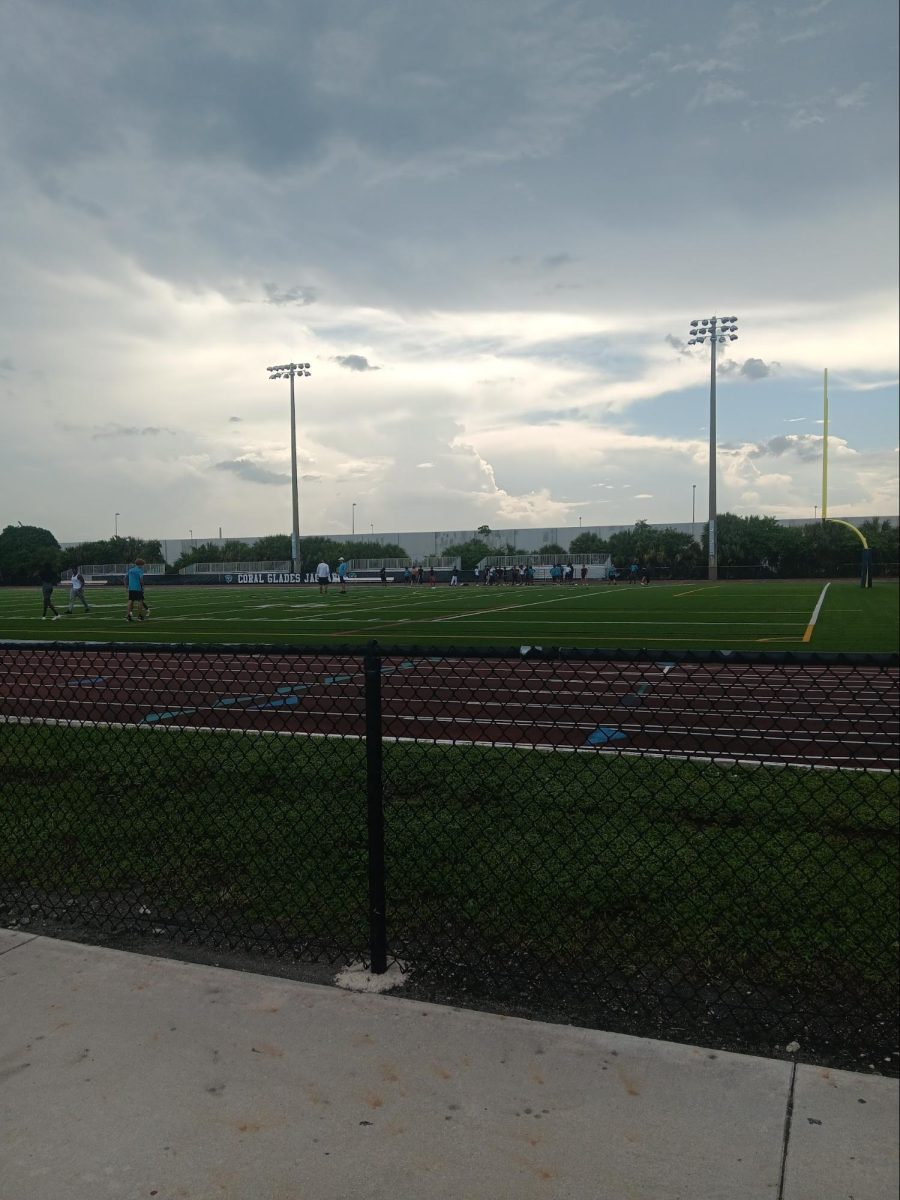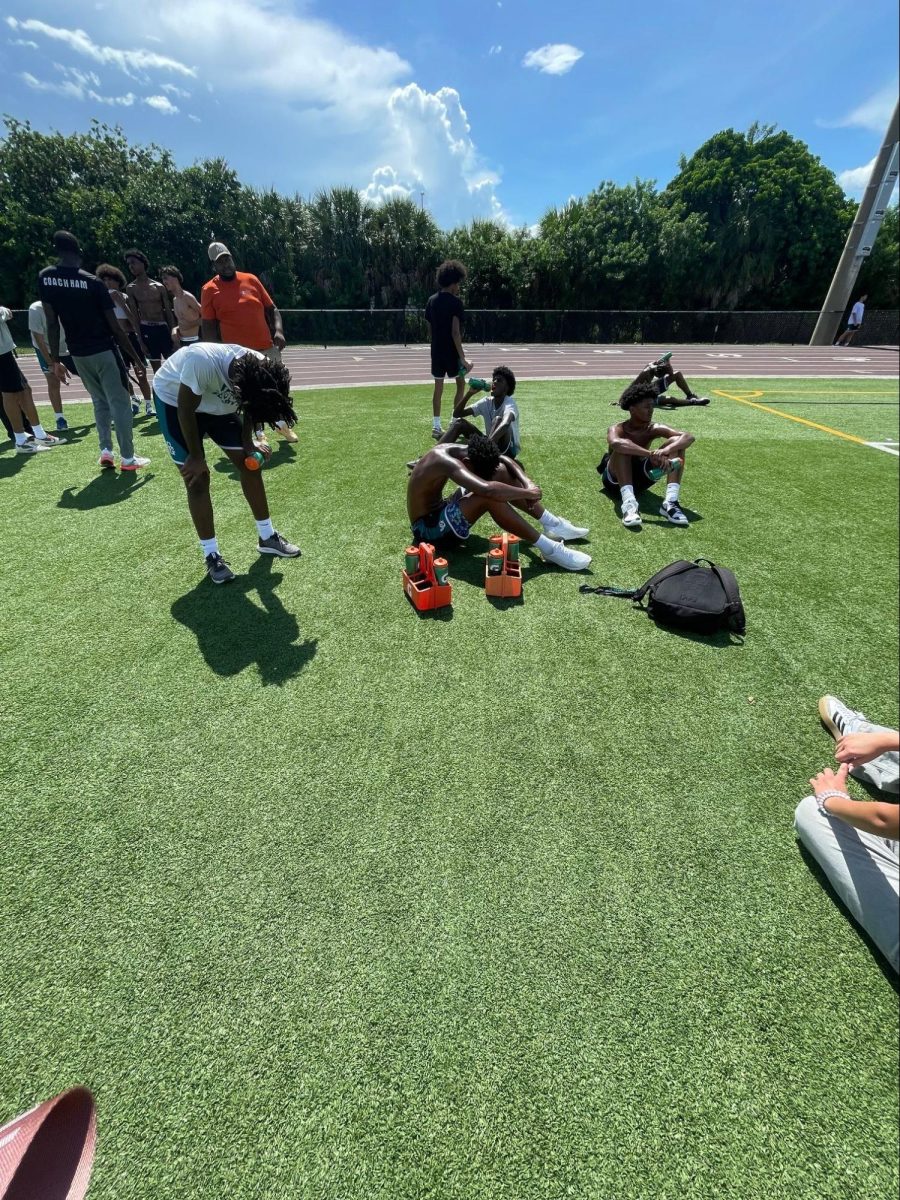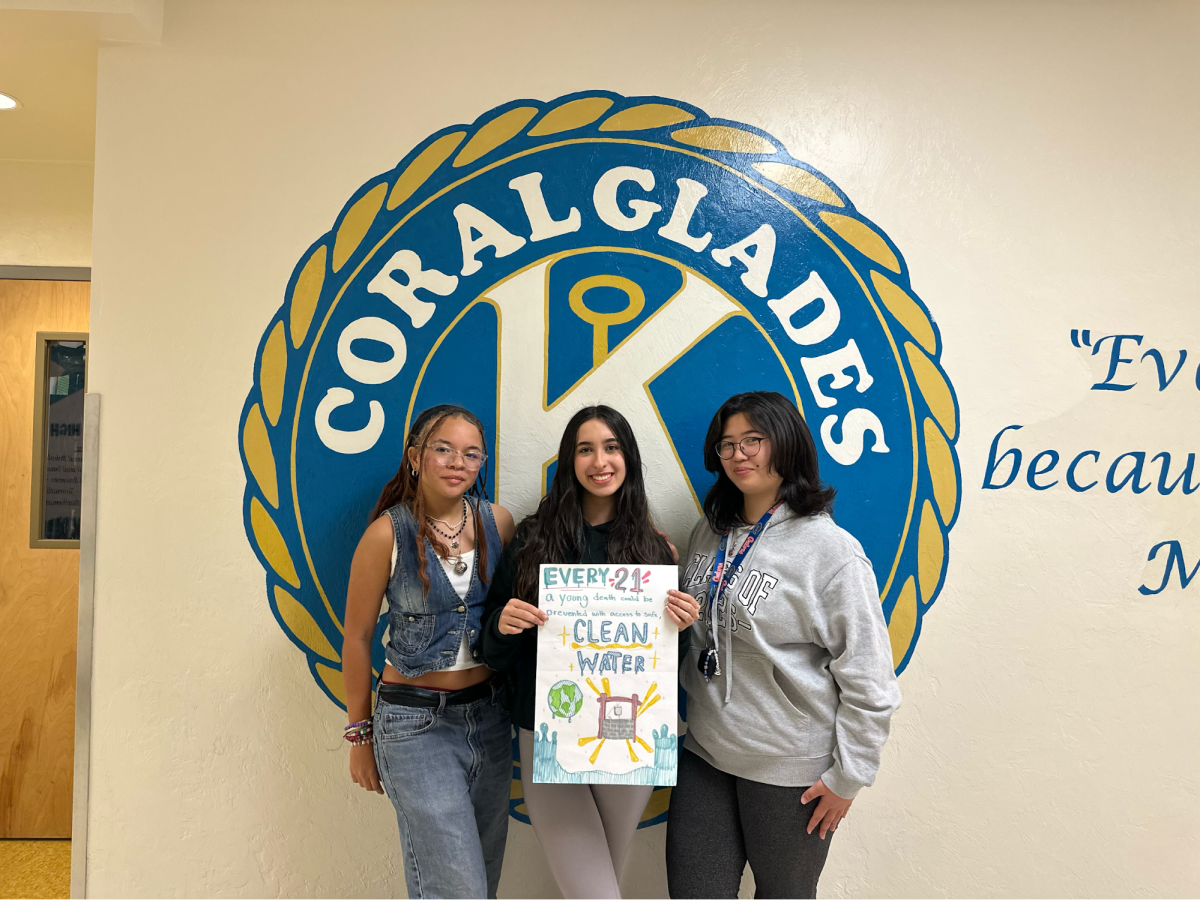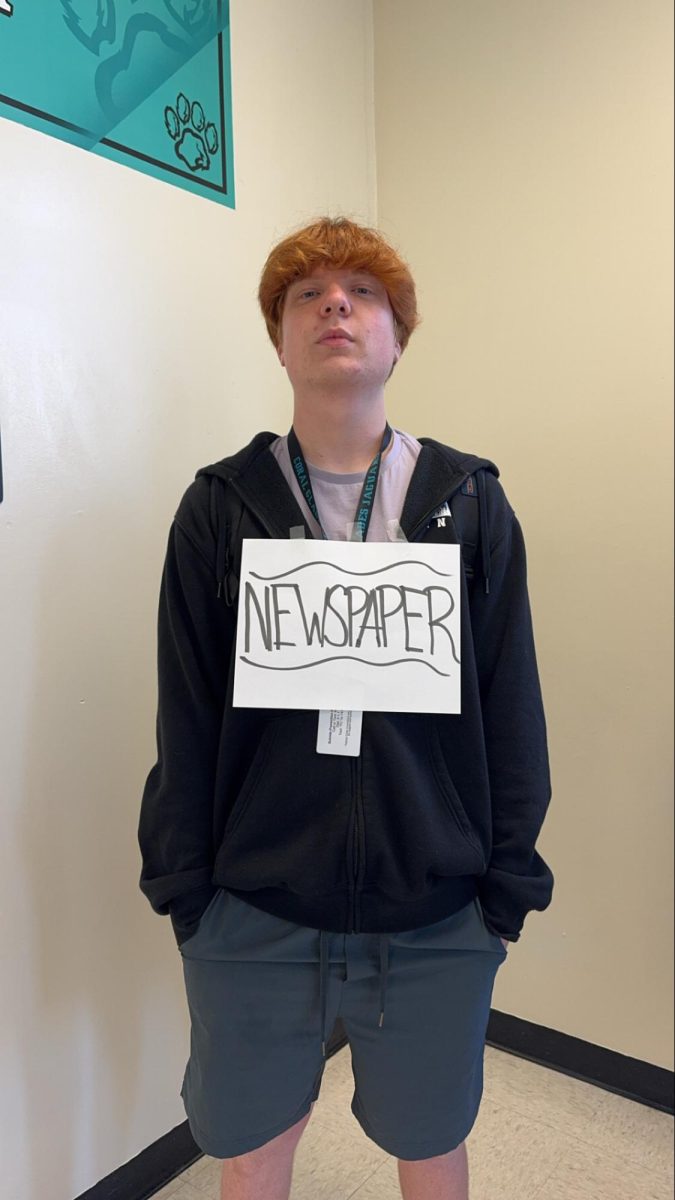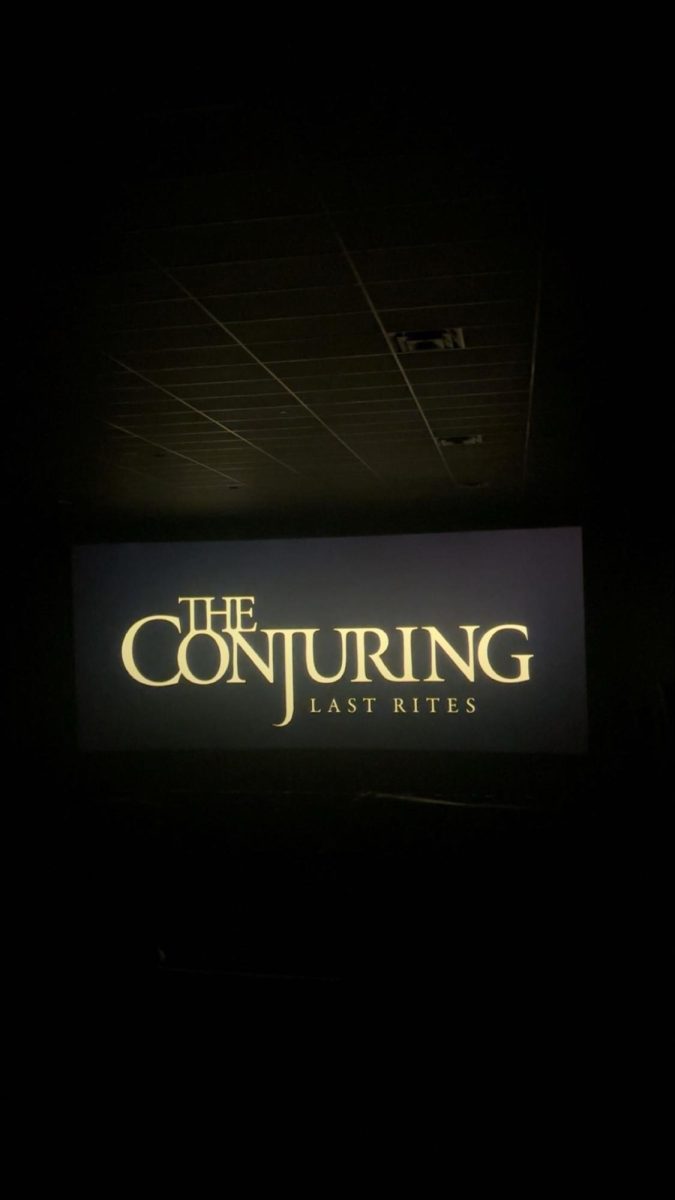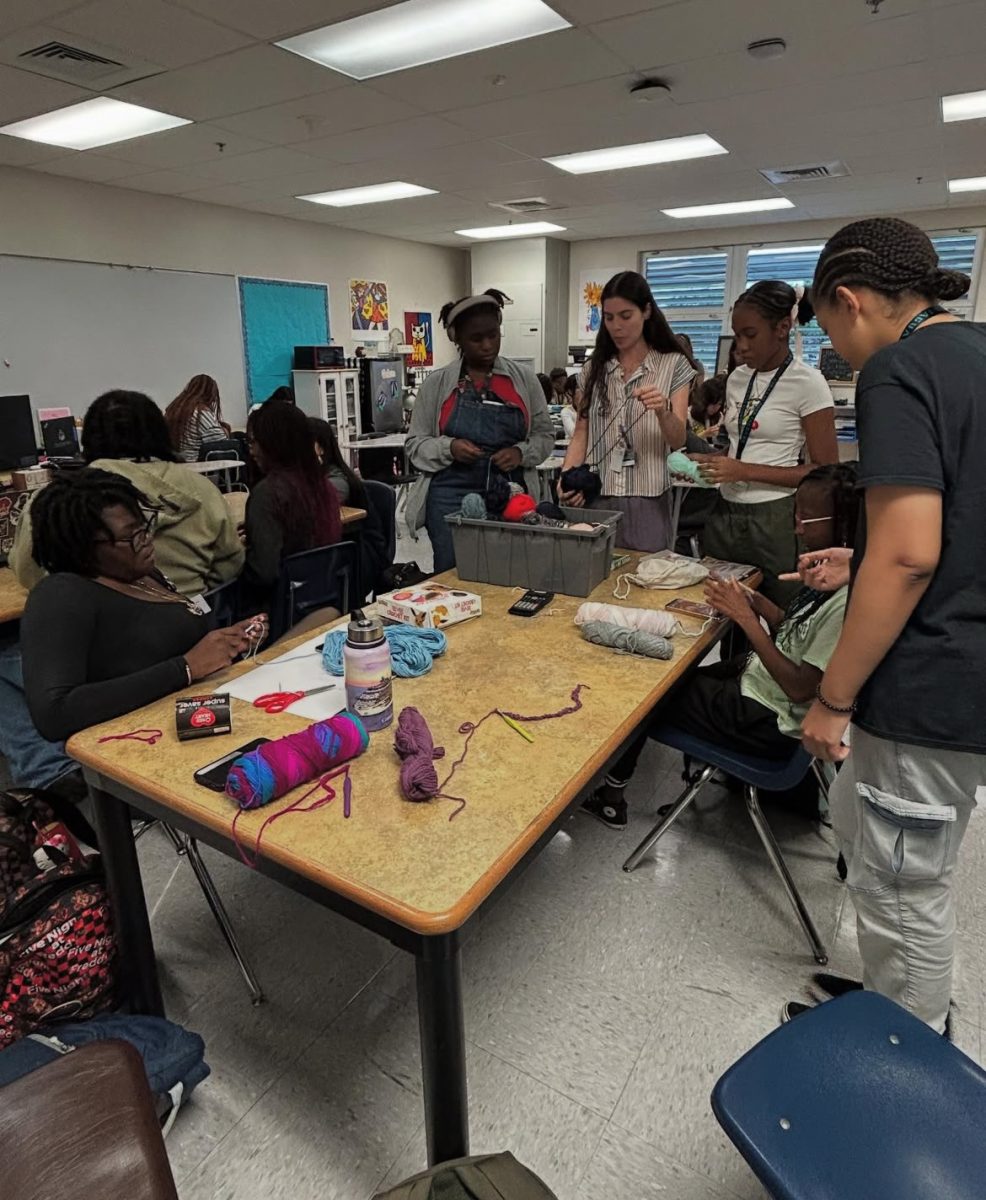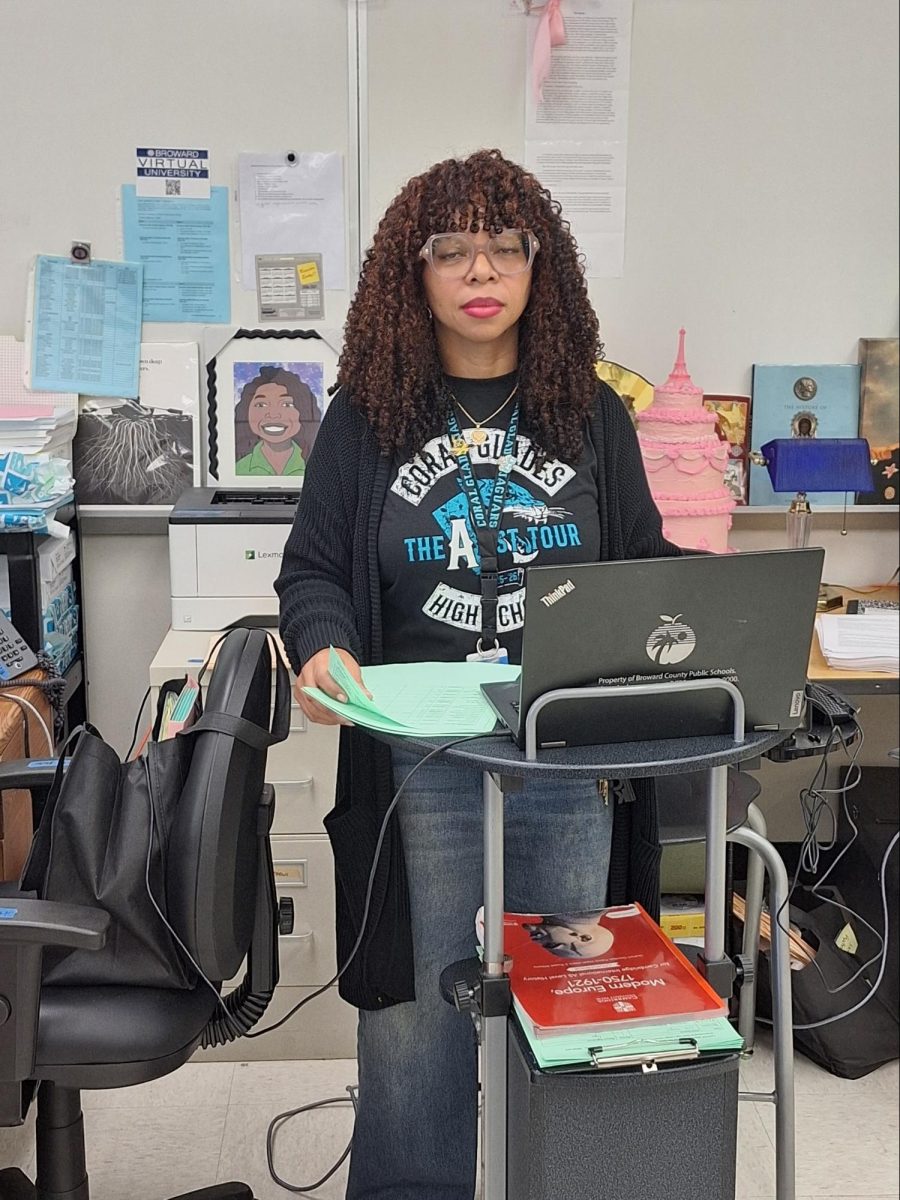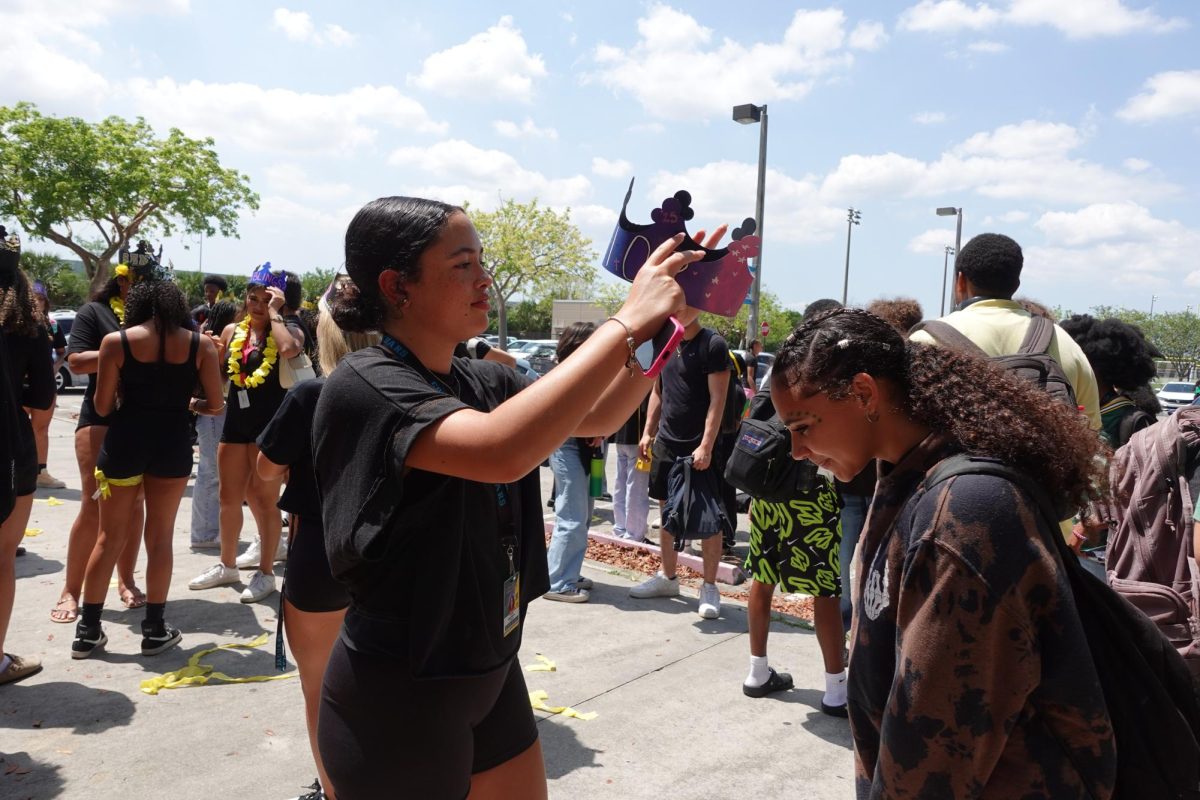A controversial proposal to further develop Florida’s state parks was leaked to the public in August. The project included ideas to further develop the park’s land with amenities like pickleball courts, lodging, and golf courses. Citizens were outraged as soon as the news broke. This development plan could potentially pose serious risks to the state’s delicate ecosystem, as well as the unique animals that inhabit them. Some of which fall in the endangered species category. Since then, citizens have rallied, showing their support for environmental preservation.
The proposal, more commonly referred to as the “Great Outdoors Initiative,” was officially announced in a news release from the Florida Department of Environmental Protection back in late August. This plan presented the idea to use the state’s natural land for recreational activities such as camp-sites, lodges, pickleball courts, and golf courses. While some saw these additions as an opportunity to boost local economies with tourism, many locals have argued that it is a misuse of state parks.
“I believe that it should not be built on natural land because we humans have used enough of earth’s land as it is, and we should just leave the land alone.” Says Lauren Saddler, a sophomore at CGHS.
Since the proposal was announced, residents of Florida have expressed their environmental concerns regarding the impacts that introducing new amenities into the area can possibly have on state parks. Florida’s ecosystem is extremely fragile. Even the slightest change could be enough to set off a significant chain reaction. Most of Florida’s wildlife depend on these parks to provide the basic necessities like a habitat and nourishment. Commencing the construction of such services could lead to devastating consequences, for instance, increased pollution and the destruction of natural habitats. Consequently, this might disrupt the biodiversity and harm endangered species that rely on this land.
Locals have gathered to protest this project, both online and in person, as news of this proposal spread. Organized protests and online petitions have been created in support of the conservation of these reserves, as citizens express concern that these plans would affect nine state parks across Florida. Environmental activists have been worried that having this proposal approved might set a concerning precedent, possibly leading to further damage to the state’s land. These protests have highlighted concerns that moving forward with such proposals might lead to environmental degradation.
In response to the recent protests, Governor Ron DeSantis swiftly addressed the situation, clarifying that the proposal had never been directly approved by him or his administration. The governor has made a prevalent effort on his part to put some distance between himself and this proposal since the protests started.
“Personally, I think the governor’s relation to this plan to build on natural land should be reinvestigated. Although he has tried to distance himself from these claims, there was suspicion beforehand, so there must be a good reason behind that.” Says sophomore Aveline Harding. “I don’t know what natural reserves these are, but it’s literally called natural reserves, so they are reserved for a reason. He shouldn’t be trying to appeal to potential business owners or people who want to take the resources from the land.”
Further explanation from Gov. Ron DeSantis reveals that these plans have been put on hold for now, as he reassures the public that the project will not be moving forward any time soon. Although this announcement has provided some reassurance, many have remained guarded. Environmental advocates recognize that the path to protecting Florida’s state parks may still be a bumpy ride, as these plans could potentially resurface in the coming years.

